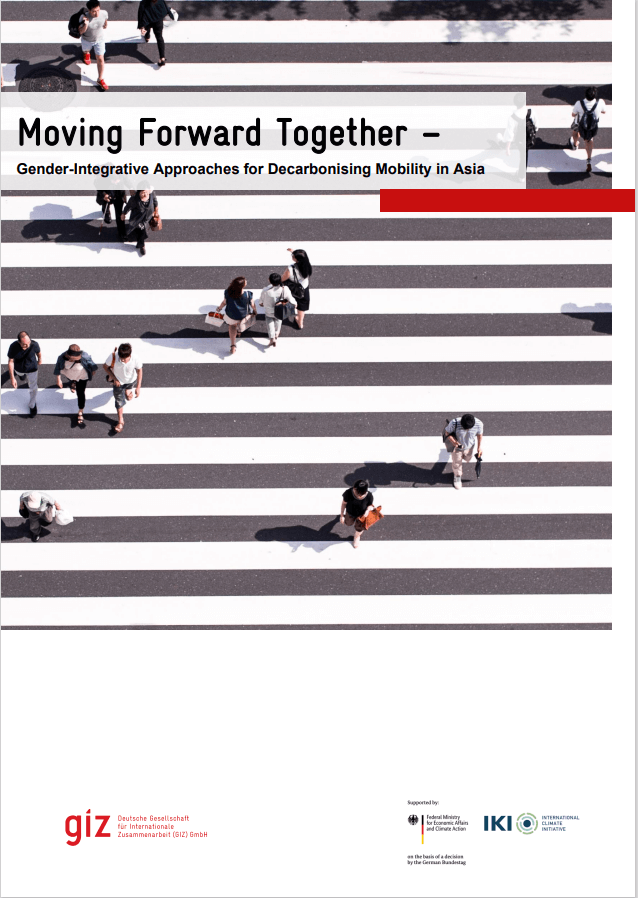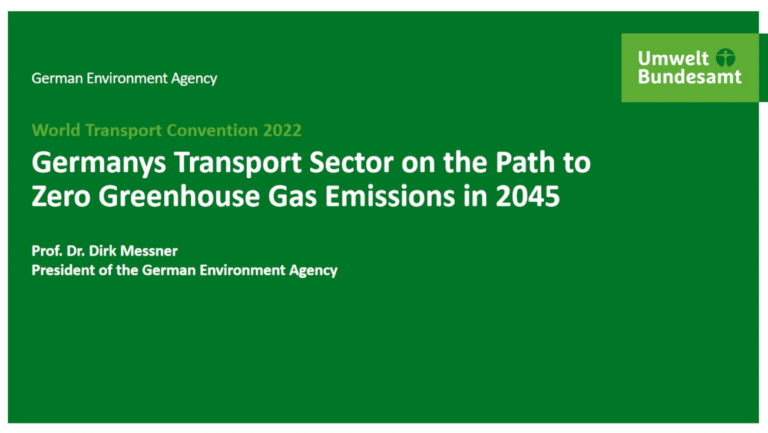From 1st to 3rd of November GIZ, CUSTReC and EMBARQ jointly convened the international expert workshop Prospects for National-Level Programmes and Funds for Sustainable Urban Transport in China. The interactive workshop took place about 80 km from Beijing in a small hotel in Mutianyu at the Great Wall.
In the context of urbanization and motorization, Chinese cities are investing in the design, construction and maintenance of transport infrastructure as well as financing operation of mobility services. This is a rising challenge for both the national and local governments. To develop ideas on how to establish a financing system in a sustainable way, experts from China and abroad met to gain a better understanding of current institutional and financial arrangements in China for sustainable urban transport and learn from international experiences. The key focus was the development of specific recommendations for the Chinese situation and funding practice.
Having identified challenges in relation to (a) the institutional set-up, (b) funding sources, (c) planning framework and (d) capacity at local level, workshop participants split up into groups and identified the following starting points to improve financial flows into sustainable urban transport:
- Unifying all responsibilities related to urban transport under the Ministry of Transport and the local Bureaus of Transport accordingly to overcome the challenge of split responsibilities and incoherence in planning, construction, infrastructure maintenance and public transport operation. The national government needs to set an effective framework for urban transport including the use of funds
- Creating a Chinese National Urban Public Transport Fund. Such a fund would be designed less to fund financing infrastructure but to strengthen policy and the effectiveness of investments. Funding could be made available for all metropolitan areas on a formula basis based on population and GDP for planning, capacity building and data monitoring. In addition competitive grants could be made available for projects on innovative public transport and non-motorised transport developments if they meet certain national planning requirements.
- Improving the local revenue base to fund sustainable urban transport. The group identified a string of currently only rarely tapped sources for additional revenues at the city level in China. Ranging from parking fees to congestion charging, to license plate auctioning (as done in Shanghai or Shenzhen) to a company tax for public transport (as in France) to policies to recapture land value and finally to stimulating private investments.
- Integrating funding into one transport fund tied to the urban transport planning process with clear objectives on modal shares, trip distances, as well as information on expected externalities.
- Strengthening local debt management as a basis to enable debt financing for sustainable transport
A more detailed initial report of the expert workshop will be made available as soon as it is published. The results will be presented to the Chinese government in early 2013. The international good practice will be published in a good practice review study.





